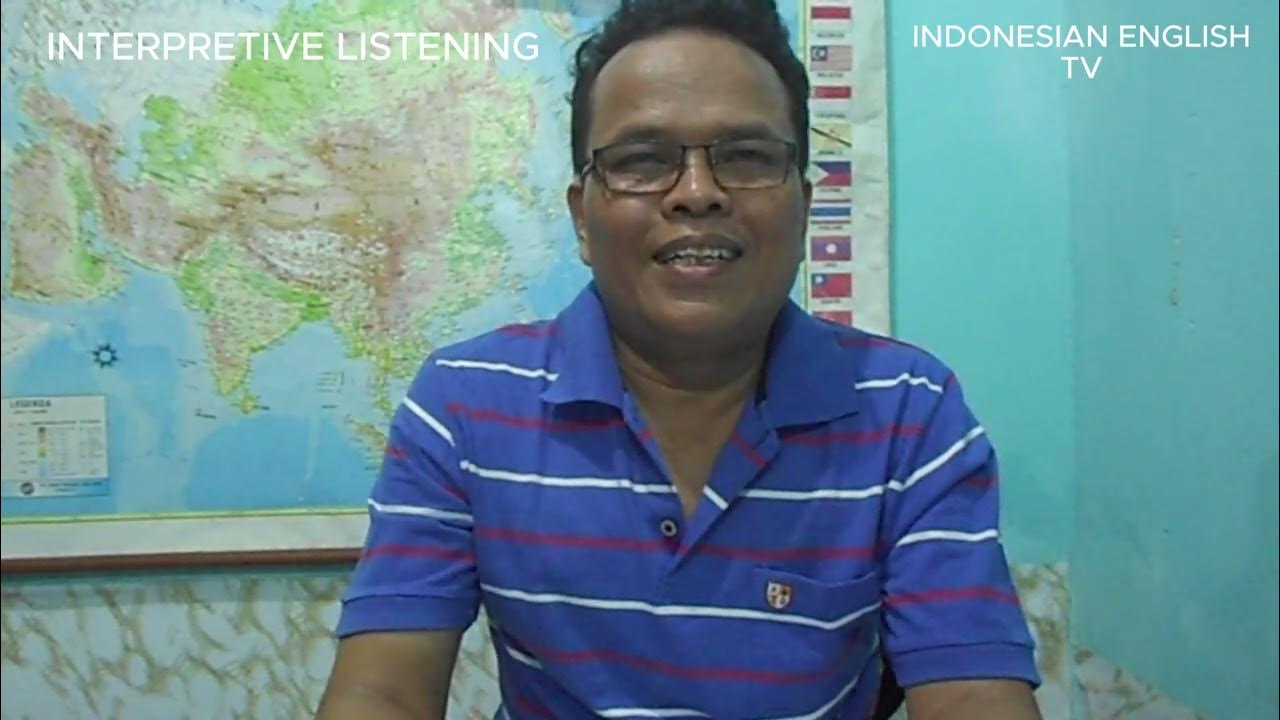My Philosophy on Friendship: Mediocrity and Solace
Summary
TLDRThe speaker reflects on the meaning of friendship in modern society, arguing that the term has become diluted and superficial. They recount their experience of losing touch with a best friend, realizing how easily people forget each other when no longer relevant. The speaker emphasizes the value of solitude for personal growth and self-reflection, criticizing modern distractions like constant socializing and media consumption. They advocate for deeper, more meaningful relationships over a large number of shallow connections and stress the importance of spending time in solitude to develop original thoughts and self-improvement.
Takeaways
- 🤝 The concept of friendship has become generalized, losing its original depth and meaning.
- 💬 A true friend is someone with whom you share deep bonds, trust, and life experiences.
- ⚖️ Modern friendships often feel transactional and superficial, lacking substance.
- 📖 The speaker shares a story about their best friend, whom they drifted apart from after the friend moved away, highlighting the fragility of relationships.
- 📵 Despite having multiple ways to contact each other, the speaker and their former best friend have not spoken in months.
- 🕰️ The speaker believes that when you stop being relevant to someone, they can forget you instantly, regardless of the time or effort invested in the relationship.
- 🧘♂️ Solitude is seen as an opportunity for personal growth, reflection, and self-improvement.
- 🎧 The constant noise and distractions of modern life prevent people from engaging in introspection or solitude.
- 🤔 The speaker argues that many people lack depth and original thought, often regurgitating opinions from external sources.
- 📚 The speaker found happiness and personal growth in solitude, spending time reading, learning, and observing, but feels miserable in social environments filled with shallow connections.
Q & A
What does the speaker suggest friends have become in modern society?
-The speaker suggests that the term 'friends' has become generalized to the point of losing meaning. Many people have numerous friends, but those relationships lack depth or substance.
How does the speaker define a true friend?
-The speaker defines a true friend as someone with whom you share a lifelong bond. This person is trustworthy, shares your ideas, and is someone you grow with, live near, and can fully trust, even in difficult times.
What experience does the speaker share about their former best friend?
-The speaker talks about a best friend they met in the fifth grade but became close with in 2020. They were best friends for three years, spending hours together daily, but after the friend moved away, they lost contact and haven't spoken in months despite having various means to communicate.
What does the speaker say happens when you stop being relevant to someone?
-The speaker believes that once you stop being relevant to someone's life, they will forget you quickly, regardless of the time, money, and effort invested in the relationship.
How many close friends does the speaker believe a person truly needs?
-The speaker believes that a person only needs one or two, maybe three, close friends who are fully devoted to each other.
Why does the speaker value solitude (or 'solace') over superficial friendships?
-The speaker values solitude because it allows for personal growth and reflection. They argue that being alone with your mind, soul, and body forces you to improve yourself, as opposed to being constantly distracted by shallow relationships or external stimuli.
How does the speaker criticize modern society’s relationship with distractions?
-The speaker criticizes modern society for constantly filling its time with distractions, such as music, people, and endless scrolling. These distractions prevent people from spending time in solitude and growing mentally or spiritually.
What comparison does the speaker make between adults and children regarding observation?
-The speaker contrasts adults with children, stating that children, particularly toddlers and babies, spend most of their time observing, listening, and playing. This helps them learn faster, while adults have forgotten the importance of doing nothing and observing.
What conclusion does the speaker reach after meeting many people in a new environment?
-After meeting many people in a new environment over three weeks, the speaker feels that most of these people lack substance and depth. They note that most people just repeat opinions they’ve heard rather than developing original thoughts, and very few seem interested in self-improvement.
Why does the speaker feel miserable despite participating in activities that are typically considered fun?
-The speaker feels miserable because they focused on socializing with many people (volume) rather than forming deep, meaningful connections (depth). This contradicted their belief in prioritizing meaningful, substantial relationships.
Outlines

このセクションは有料ユーザー限定です。 アクセスするには、アップグレードをお願いします。
今すぐアップグレードMindmap

このセクションは有料ユーザー限定です。 アクセスするには、アップグレードをお願いします。
今すぐアップグレードKeywords

このセクションは有料ユーザー限定です。 アクセスするには、アップグレードをお願いします。
今すぐアップグレードHighlights

このセクションは有料ユーザー限定です。 アクセスするには、アップグレードをお願いします。
今すぐアップグレードTranscripts

このセクションは有料ユーザー限定です。 アクセスするには、アップグレードをお願いします。
今すぐアップグレード5.0 / 5 (0 votes)






